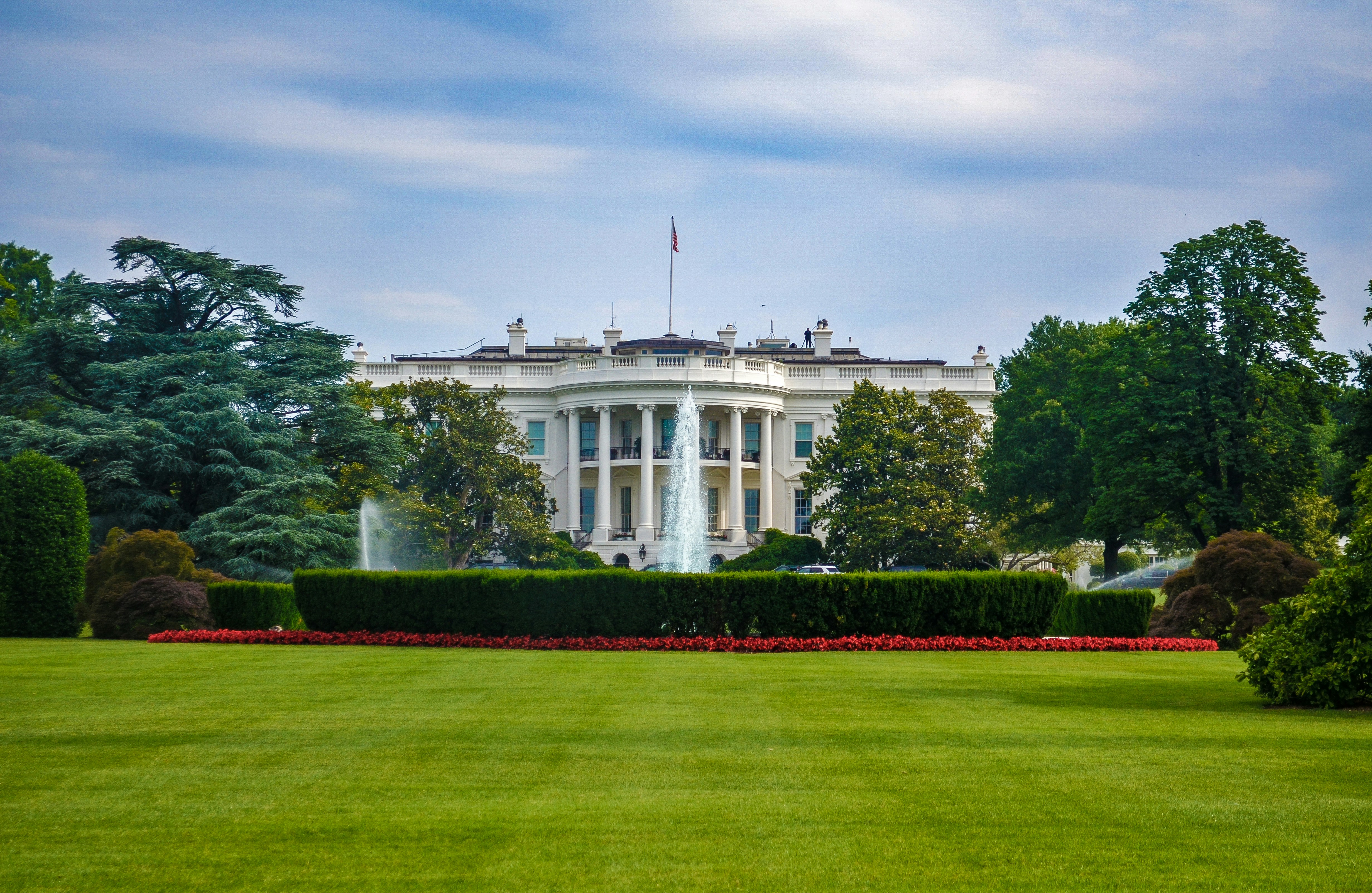Artificial Intelligence (AI) is revolutionizing industries across the board, and political fundraising is no exception. As campaigns grapple with increasing demands for efficiency, transparency, and personalization, tools like generative AI are offering new ways to streamline processes and engage donors. This article delves into how AI is reshaping the landscape of political fundraising and the challenges and opportunities it presents.
Why AI is Perfect for Fundraising
Fundraising for political campaigns has always been labor-intensive. It requires crafting compelling messages, targeting specific donor groups, and managing large amounts of data. AI is perfectly suited to address these needs, offering:
- Efficient Content Generation: Tools like Quiller can produce high-quality fundraising emails quickly, reducing the time staff spend on repetitive tasks.
- Personalization at Scale: AI can tailor messaging to resonate with specific audiences, improving engagement rates.
- Burnout Reduction: By handling time-consuming tasks, AI enables campaign staff to focus on creative and strategic efforts, improving workplace sustainability.
Overcoming Limitations of General AI Tools
While tools like ChatGPT and Jasper AI have proven useful, they often come with restrictions on generating political content. These limitations stem from concerns about disinformation and ethical misuse. Purpose-built tools like Quiller address this gap by focusing specifically on political fundraising, ensuring compliance with regulations and providing industry-specific functionality.
Data Security and Ethical Considerations
Data security is a critical concern in political fundraising. Campaigns handle sensitive information, including donor data, polling results, and strategy documents. AI tools developed specifically for political use prioritize:
- Confidentiality: Ensuring that data stays secure and is not used to aid opposing campaigns.
- Alignment with Campaign Values: Quiller, for example, is explicitly designed to serve Democratic campaigns, reflecting a broader trend toward partisanship in political tech tools.
Enhancing Campaign Efficiency
AI's ability to automate repetitive tasks is a game-changer for campaigns. Processes that traditionally required hours of manual labor, such as crafting fundraising emails or integrating content into CRMs, can now be completed in minutes. This not only accelerates campaign timelines but also frees up staff to focus on higher-level strategic initiatives.
For example, Quiller’s integration with CRM platforms allows campaigns to:
- Automate Email Coding: Reducing the time needed to prepare and send communications.
- Streamline Donor Outreach: Enhancing the efficiency of reactivation campaigns and follow-ups.
Addressing the Burnout Problem
The political world is notorious for its demanding schedules and high-pressure environments. AI offers a way to alleviate some of this burden by:
- Reducing Workloads: Automating tedious tasks gives staff more time to focus on impactful work.
- Improving Work-Life Balance: By minimizing the hours spent on manual processes, AI helps create a more sustainable work culture.
Challenges and Limitations
While AI holds immense potential, it is not without challenges:
- Ethical Use: Ensuring transparency and avoiding misuse, such as generating disinformation.
- Regulatory Gaps: The lack of clear regulations around AI in political contexts leaves room for ambiguity.
- Trust Building: Disclosing AI usage to clients and stakeholders is essential for maintaining trust.
The Future of AI in Campaigns
As technology evolves, AI’s role in political campaigns will expand. Potential advancements include:
- Sentiment Analysis: Understanding voter and donor sentiment to craft more effective messages.
- Disinformation Detection: Identifying and countering fake content and deepfakes.
- Advanced Polling Techniques: Using AI to analyze and interpret complex voter data more accurately.
Building for the Long Term
Campaigns that embrace AI are not just adopting a tool but reshaping their approach to fundraising. By integrating AI thoughtfully, campaigns can achieve:
- Higher Efficiency: Completing tasks faster and with greater precision.
- Improved Engagement: Reaching donors with messages that truly resonate.
- A Competitive Edge: Staying ahead in an increasingly tech-driven political landscape.
Want even more news and insights from the pros who make politics happen? Become a Campaign Trend Insider and unlock exclusive, subscriber-only content every week for just $10 per month. Also remember to subscribe to our YouTube Channel for podcasts and additional content.





.jpg)
.jpg)
